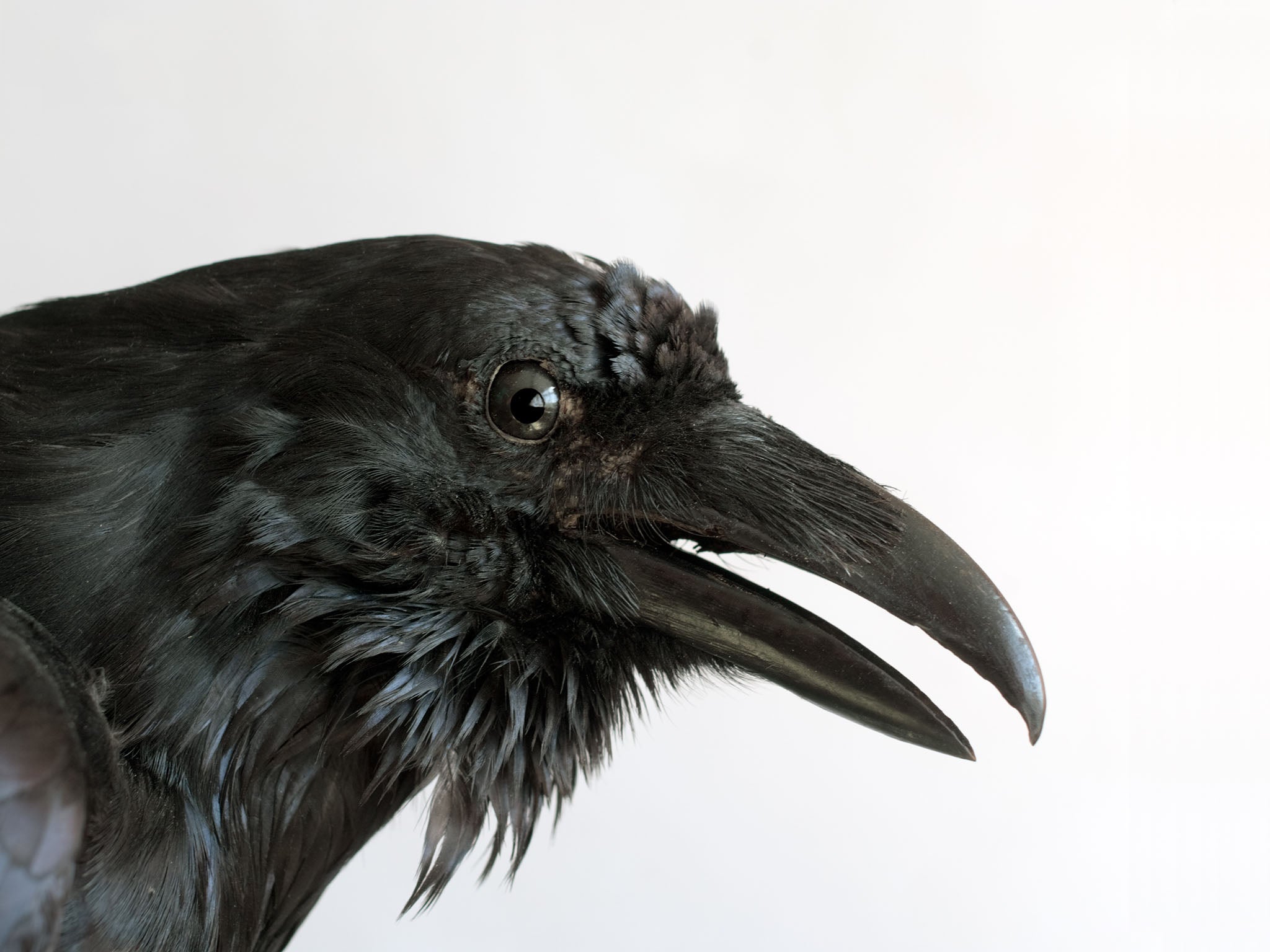Kate Mosse, The Taxidermist’s Daughter, book review: This will haunt you for days

Your support helps us to tell the story
From reproductive rights to climate change to Big Tech, The Independent is on the ground when the story is developing. Whether it's investigating the financials of Elon Musk's pro-Trump PAC or producing our latest documentary, 'The A Word', which shines a light on the American women fighting for reproductive rights, we know how important it is to parse out the facts from the messaging.
At such a critical moment in US history, we need reporters on the ground. Your donation allows us to keep sending journalists to speak to both sides of the story.
The Independent is trusted by Americans across the entire political spectrum. And unlike many other quality news outlets, we choose not to lock Americans out of our reporting and analysis with paywalls. We believe quality journalism should be available to everyone, paid for by those who can afford it.
Your support makes all the difference.Where Kate Mosse’s blockbuster Languedoc Trilogy was a hymn to the Carcassonne area of France, for The Taxidermist’s Daughter she has returned home to her native West Sussex.
Indeed, she describes the novel as a “love letter” to Fishbourne, a small village outside Chichester surrounded by the mudflats created by a tidal estuary.
Set in 1912, it sees Connie Gifford, a young woman suffering from terrible memory loss inflicted by a fall 10 years earlier, struggling to keep her household together. The family home is in a remote part of the marshes, and her father, the taxidermist, is a ramshackle drunk whose once-thriving business is in tatters.
Connie has, to say the very least, got a lot on. She’s trying to keep up with the remnants of the now-unfashionable taxidermy business, to hide the greater excesses of her dad’s drinking and unreliability from the neighbourhood, and to deal with the increasingly regular flashbacks. Then, the swollen corpse of a young woman – garrotted with taxidermy wire – appears in the stream to the side of the house. Suddenly it seems that all of these things might not be entirely unconnected.
While the tale rattles along at the crackling pace one might expect from a novelist who has sold four million copies, it suffers slightly from being not quite as individual as it might be. While exquisitely (and gruesomely) described here, taxidermy is referred to as something almost requiring of explanation – utterly quaint and of a bygone age. Actually it’s currently quite a scene – the sort of thing that Hackney’s hipsters take regular courses in. Indeed Walter Potter’s museum, cited as the inspiration for the novel, was featured in a widely publicised book from Constable last year, complete with an introduction by Peter Blake.
The shadow of The Woman in Black also lies long over the menace of the marshes of Fishbourne. Disgruntled shopkeepers mutter darkly about the inaccessibility of Connie and Gifford’s house, there is talk of men disappearing into the mudflats and drownings being “common” in the area. And then there is the wonderfully paced realisation that perhaps the entire village is in on whatever secret is lying in the marshes.
This summer has been an exceptionally strong one for this sort of commercial literary fiction. The Taxidermist’s Daughter has similar themes – and indeed scenes – to recent female-led novels such as Elizabeth is Missing, The Miniaturist, and The Paying Guests, which make it sparkle a little less than it might have done in a grey spring. But it is unfair to judge Mosse’s prose and her dexterous storytelling as a result of its publication date. After all, it’s a source for celebration to see so much vibrant fiction beyond the Man Booker list. Just pop this one by the bedside for a month or two and open it on a dark, chilly winter evening –then, this story will be a rare treat which will haunt you for days.
The Taxidermist’s Daughter, by Kate Mosse, Orion £16.99
Join our commenting forum
Join thought-provoking conversations, follow other Independent readers and see their replies
Comments